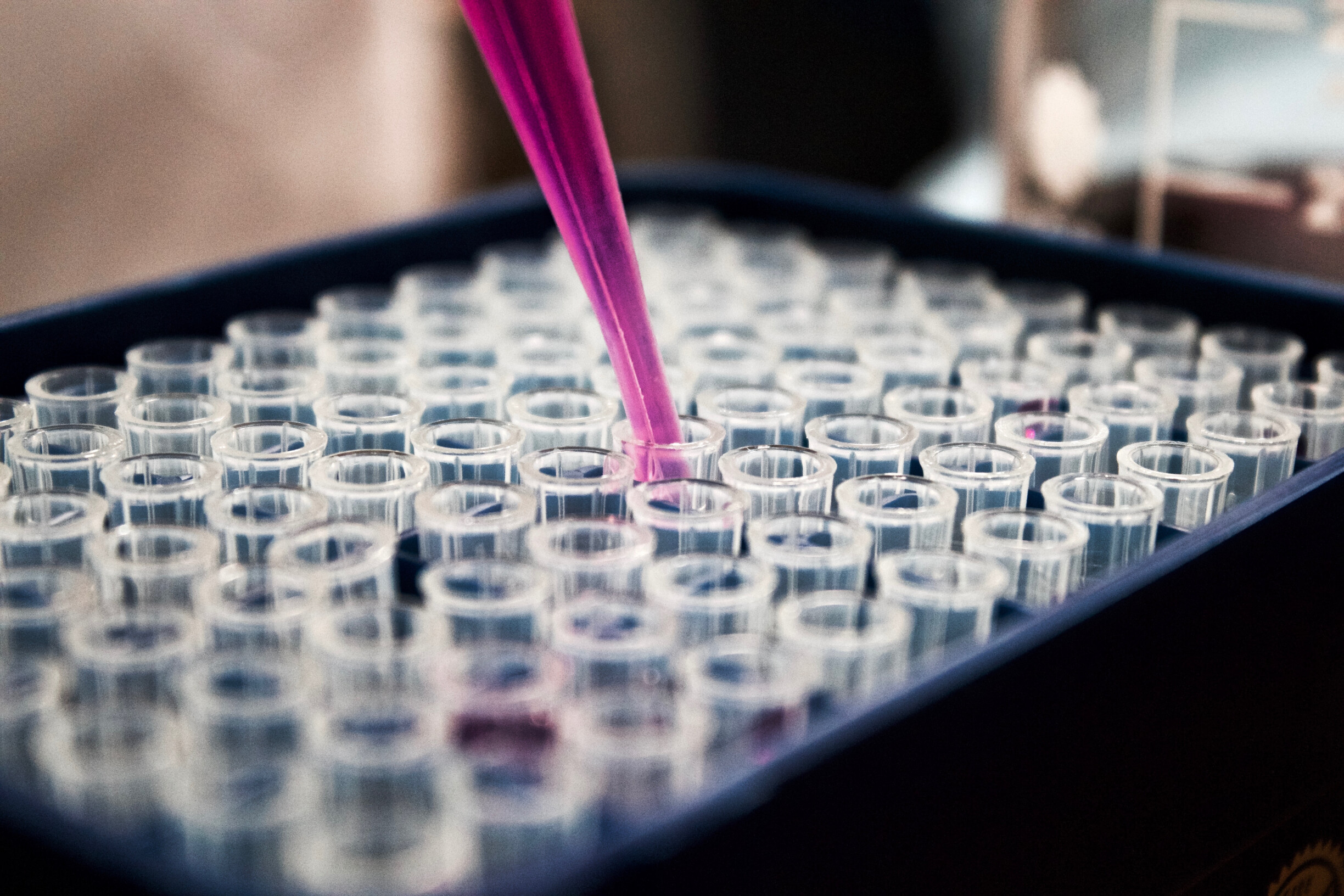The research team, led by Italian scientists, modified the LIMK1 protein, which is normally active in the brain and has a key role in memory, to add a “molecular switch” that is activated by the administration of rapamycin, a drug known for its various antagonists. -The effects of aging on the brain.
In animals suffering from age-related cognitive decline, the use of this gene therapy led to a “significant improvement in memory,” according to the lead author of the study, Christian Riboli, from the Sacro-Curie Catholic University (Italy), quoted by the Efe agency. .
The researchers stressed that the research “has great potential applications, improving our understanding of memory function and facilitating the identification of innovative solutions for neuropsychiatric diseases such as dementia.”
The team leader, Clauido Grassi, from Agostino Gemelli University (Italy), explained, “Memory is a complex process that involves modifications in synapses (connections between neurons) in specific areas of the brain, such as the hippocampus, which has a basic function.” Role in memory formation.
This phenomenon, known as synaptic plasticity, involves changes in the structure and function of synapses that occur when a neural circuit is activated, for example, by sensory experiences. These experiences promote the activation of complex signaling pathways in which many proteins are involved.
Some of these proteins are particularly important for memory and one of them is LIMK1, due to its role in the formation of dendritic spines in neurons, which improves the transmission of information in neural networks and is crucial in learning and memory learning processes.
Grassi explained that the goal of the study is to regulate the activity of this protein and the ability to control it using medication, which means “the ability to enhance synaptic plasticity, and thus the physiological processes that depend on it.”
The key to this strategy, which combines genetics and chemistry, is related to the use of rapamycin. Modifying the LIMK1 protein by introducing a molecular switch that allows it to be activated by rapamycin administration.
This approach allows manipulation of synaptic plasticity and memory processes in physiological and pathological conditions, as well as “paving the way for the development of new ‘designer’ proteins that could revolutionize research and treatment in the field of neuroscience,” Riboli stressed.
The next step will be to verify the effectiveness of this treatment in experimental models of neurodegenerative diseases that cause memory “deficits”, such as Alzheimer’s disease.
Furthermore, further studies will be needed to validate the use of this technology in humans.

“Coffee trailblazer. Social media ninja. Unapologetic web guru. Friendly music fan. Alcohol fanatic.”

